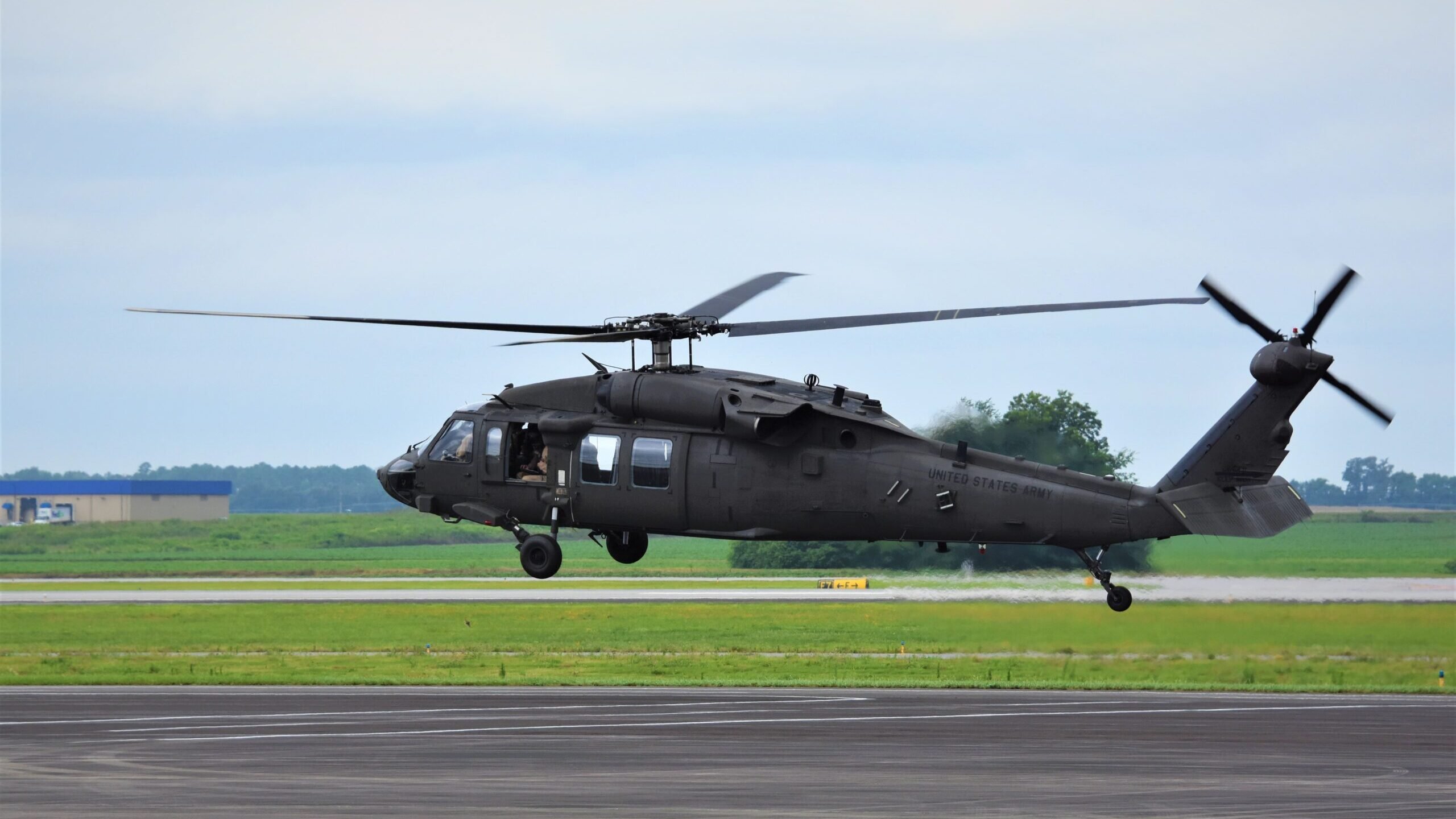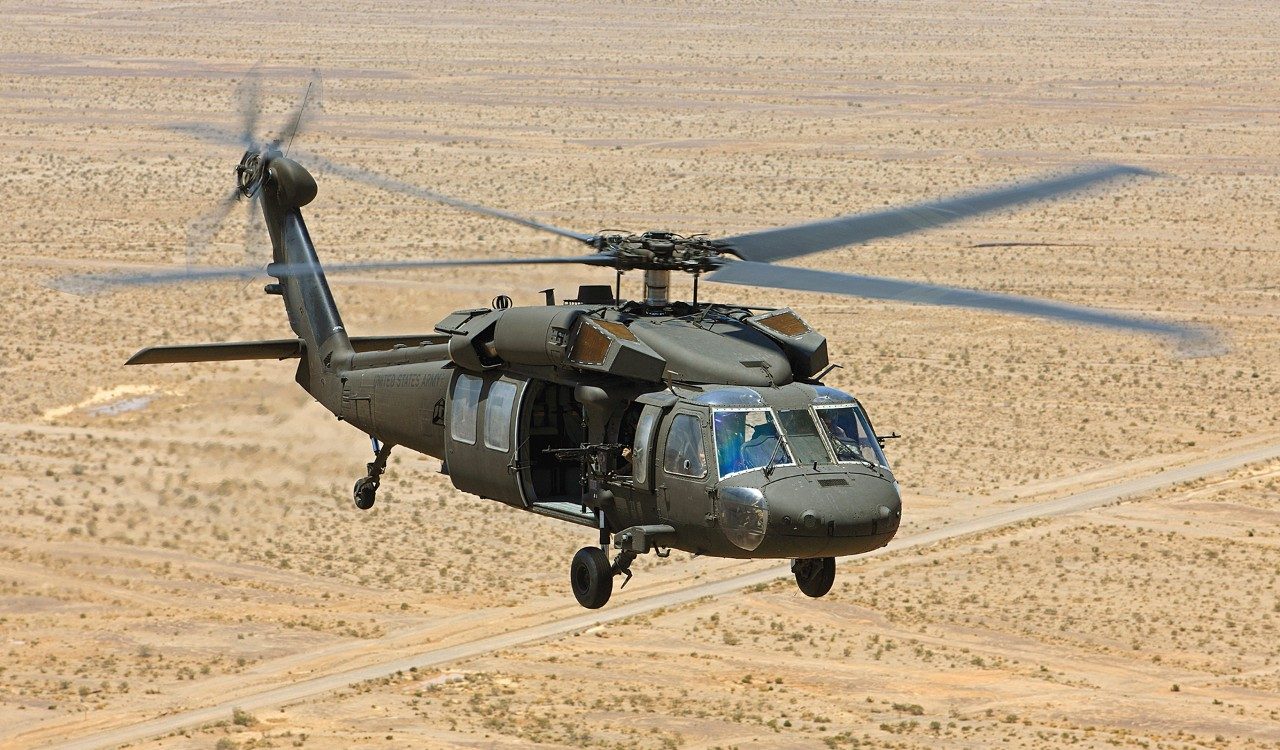UH 60 Black Hawk: From Principle to Modern Day Applications
UH 60 Black Hawk: From Principle to Modern Day Applications
Blog Article
The Function of Airplane fit Worldwide Transport and Trade Characteristics
The evolution of aircraft has indelibly transformed global transport and profession dynamics, facilitating extraordinary levels of connection and efficiency. Via the facility of durable air freight networks, organizations can now browse global markets with impressive rate and agility, therefore redefining supply chain approaches. This transformation is not without its obstacles, as the aviation market grapples with sustainability problems and regulatory pressures. As we discover the multifaceted effects of aircraft on worldwide profession, it is necessary to consider how these aspects will shape the future landscape of aviation and its function in the economic situation.

Evolution of Air Transportation
The advancement of air transport has been noted by substantial technological improvements and technologies that have transformed the means people and products move across the world. From the Wright brothers' initial powered flight in 1903 to the development of supersonic jets, each turning point has highlighted the ruthless quest of efficiency and rate in air traveling.
The last part of the 20th century saw the appearance of industrial air travel as a viable mode of transportation, characterized by the introduction of jet engines, which transformed flight by substantially reducing trip times. Furthermore, innovations in navigating and interaction modern technologies have boosted operational efficiency and security, permitting even more facility trip routes and routines. The increase of air freight in parallel with traveler services has even more underscored the versatility of air travel. As we seek to the future, emerging modern technologies such as independent and electrical aircraft guarantee to redefine the air transport landscape, making certain continued development and adaptation to global needs.
Effect on Global Trade
Air transport has profoundly reshaped worldwide trade by facilitating the swift movement of products across large ranges. This expedited logistics capability permits businesses to respond swiftly to market demands, thereby boosting supply chain effectiveness. The capacity to transport perishable products, high-value products, and time-sensitive products has actually opened brand-new markets and chances for different sectors, substantially affecting profession patterns.
Furthermore, the growth of air freight networks has actually fostered globalization, enabling business to resource products and products from various parts of the globe flawlessly. This interconnectedness decreases preparations and prices, allowing services to remain competitive in an increasingly worldwide market. Furthermore, air transport plays a crucial role in ecommerce, where customer expectations for fast delivery have driven a rise popular for air cargo services.
The influence of aircraft on worldwide profession encompasses the creation of critical profession paths, connecting regions and promoting international partnerships. Countries that purchase air transport framework usually experience improved economic growth and boosted foreign straight financial investment. In general, the advancement of air transport has not only transformed the logistics landscape but has also come to be an essential component in the characteristics of global profession.

Financial Advantages of Aviation
A durable aviation sector generates considerable financial benefits, adding to work creation, tourism, and total economic development - uh 60. The aeronautics industry sustains countless jobs globally, varying from direct work in airline companies and flight terminals to indirect functions in industries such as hospitality, transport, and logistics. According to industry records, for every task in the aviation industry, about 3.5 extra jobs are produced in the wider economic situation
Tourism is a crucial aspect of the economic advantages stemmed from air travel. Flight facilitates global tourism, allowing tourists to discover varied locations, which consequently stimulates regional economic climates. Countries that buy their aeronautics facilities often experience increased visitor arrivals, resulting in higher investing on solutions such as hotels, destinations, and dining establishments.

Additionally, air travel boosts international connectivity, enabling organizations to access brand-new markets and resources successfully. This connectivity promotes global trade, permitting the rapid motion of goods, which is vital in today's globalized economy. Consequently, industries such as ecommerce and production benefit exceptionally from trusted air transport, more driving financial expansion. Generally, the aeronautics market remains a foundation of financial vigor, underscoring its integral function fit modern-day economic climates.
Difficulties Facing the Aeronautics Industry
Navigating an intricate landscape of regulative, environmental, and financial difficulties, the aviation market encounters considerable difficulties that endanger its sustainability and development. Rules bordering security and security are consistently advancing, requiring continuous compliance and adaptation from airlines and producers (uh 60). This can lead to increased functional costs and resource allotment that detracts from innovation and growth efforts
In addition, environmental concerns have actually come to be critical, with additional reading expanding analysis over carbon discharges and sound pollution. The industry is under stress to embrace greener technologies and techniques, which often need significant investment in research study and growth. Stabilizing these ecological responsibilities with the need for flight offers a considerable difficulty.
Economic fluctuations, such as climbing fuel prices and geopolitical unpredictabilities, better complicate the landscape. Airlines often grapple with unpredictable operating costs and changing traveler demand, which can influence earnings and lasting preparation. Labor scarcities and ability gaps in critical locations add an additional layer of complexity, preventing operational efficiency.
Eventually, resolving these complex challenges is necessary for the aeronautics sector to keep its pivotal role in worldwide transport and trade, while ensuring durability and versatility in a progressively competitive market.
Future Trends in Air Travel
Changing and arising innovations consumer choices are positioned to improve the future of air travel substantially. The combination of expert system and machine learning is expected to boost functional performance, simplify airport procedures, and improve client service. Anticipating analytics will certainly facilitate a lot more exact demand projecting, allowing airline companies to maximize trip schedules and pricing versions.
Sustainability is coming to be a key vehicle driver in flight, with the air travel industry increasingly concentrated on minimizing carbon discharges. Advancements in aircraft design, such as electric and hybrid propulsion systems, are being explored to satisfy ecological targets. In addition, the adoption of sustainable aeronautics fuels (SAFs) is expected to play a vital function in accomplishing net-zero discharges by 2050.
Customer choices are shifting towards personalized travel experiences. Airlines are spending in innovative information analytics to tailor solutions and boost client interaction, ensuring a much more personalized trip from booking to arrival. Additionally, the rise of remote work may lead to increased demand for recreation travel, as people look for to integrate work and vacation.
Final Thought
To conclude, airplane considerably affect international transport and profession dynamics by promoting quick motion and boosting supply chain effectiveness. The advancement of air transport has changed worldwide profession, yielding significant financial benefits while also providing challenges that require critical administration. Future trends suggest an ongoing reliance on aeronautics for commerce, underscoring its important role in globalization and economic advancement. The recurring adjustment of the air travel industry will certainly be necessary for sustaining its payments to the international economic climate.
The last part of the 20th century experienced the introduction of business aeronautics as a practical setting of transport, characterized by the introduction of jet engines, which transformed air more info here traveling by significantly minimizing flight times. The increase of air cargo in parallel with passenger services has even more emphasized the versatility of air travel. Additionally, air transportation plays link an important function in ecommerce, where customer assumptions for rapid shipment have driven a surge in need for air products solutions.
Generally, the development of air transport has not just transformed the logistics landscape however has additionally end up being a crucial component in the dynamics of global trade.
Sustainability is ending up being a key vehicle driver in air traveling, with the aviation market significantly focused on lowering carbon exhausts.
Report this page